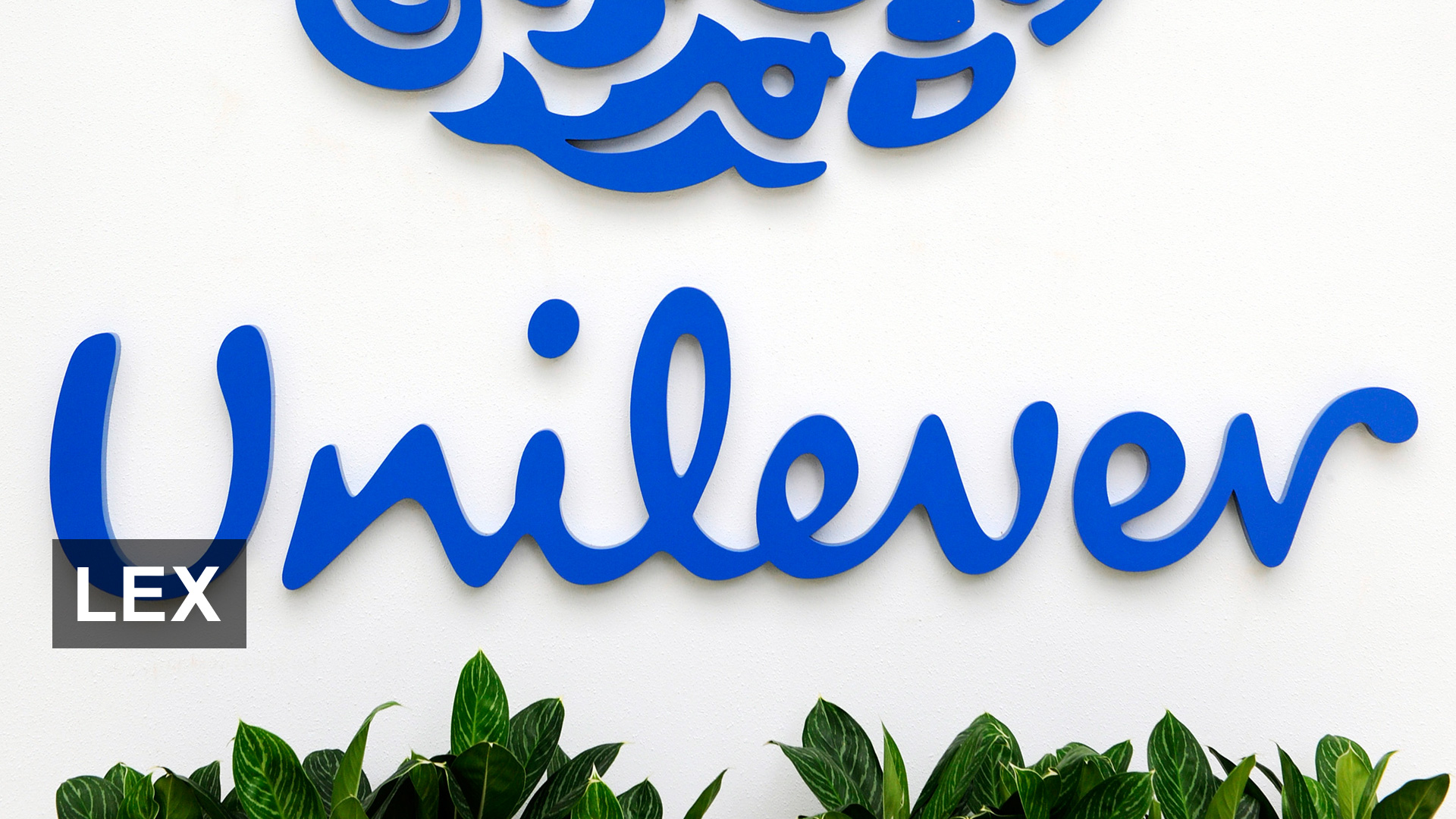
Unilever has announced it is to invest €1bn in measures that could allow it to eliminate fossil fuels from its cleaning and laundry products by the end of the decade, an intervention it claims is critical if it is to deliver on its goal of reaching net zero emissions from its products by 2039.
The company intends to transition the products across its cleaning brands – which include Persil, Sunlight, Domestos and Cif – away from chemicals made from fossil fuel feedstocks and replace them with renewable or recycled sources of carbon, such as carbon captured using carbon capture utilisation technology or recovered from waste materials.
Unilever said the €1bn of funding will specifically finance biotechnology research, CO2 utilisation technologies, low carbon chemistry research, and biodegradable and water-efficient product formulations, while also helping the firm halve its use of virgin plastic by 2025.
In addition, the funding will support the development of brand communications that explain the various technologies to customers.
Peter ter Kulve, Unilever’s president of home care, predicted the newly launched ‘Clean Future programme’ would help “radically overhaul” the business. “As an industry, we must break our dependence on fossil fuels, including as a raw material for our products,” he said. “We must stop pumping carbon from under the ground when there is ample carbon on and above the ground if we can learn to utilise it at scale.”
The chemicals in Unilever’s cleaning and laundry products make up the greatest proportion of the company’s carbon footprint, accounting for roughly 46 per cent of its emissions. The firm expects its new programme to reduce the carbon footprint of its product formulations by a fifth.
The Anglo-Dutch company confirmed that work is already underway to wean its products off fossil fuel derived carbon across various global locations. For example, in Slovakia the company is working with biotechnology company Evonik Industries to develop the production of rhamnolipids, a renewable and biodegradable surfactant used in its Sunlight dishwashing liquid in Chile and Vietnam. Meanwhile, in Southern India Unilever is sourcing soda ash – an ingredient in laundry powders – from CO2 capture technology. The company intends to scale up both initiatives in the coming years.
Similarly, liquid detergent made by Persil – one of Unilever’s largest and most popular brands in the UK – has been reformulated to rely on plant-based stain removers. The new line is to be sold in British supermarkets from later this month.
And in order to demystify the different production processes to its consumers, competitors, and partners, Unilever has today published a ‘carbon rainbow’ model geared at outlining the range of alternatives to fossil fuel derived carbon. Non-renewable, fossil-based sources of carbon are labelled on the Carbon Rainbow as ‘black carbon’, while captured CO2 is referred to as ‘purple carbon’, plants and biological sources are branded ‘green carbon’, marine sources such as algae are labelled ‘blue carbon’, and carbon recovered from waste materials is described as ‘grey carbon’.
Ter Kulve urged other businesses to adopt the ‘carbon rainbow’ system. “Diversifying sources of carbon is essential to grow within the limits of our planet,” he said. “Our suppliers and innovation partners play a critical role through this transition. By sharing our Carbon Rainbow model, we are calling on an economy-wide transformation in how we all use carbon”.
The investment announced today comes just months after the company announced it would spend €1bn on a range of nature-based initiatives in support of its over-arching net zero emission goal, including reforestation, water preservation and biodiversity, through a Climate and Nature Fund.
Source: Business Green
